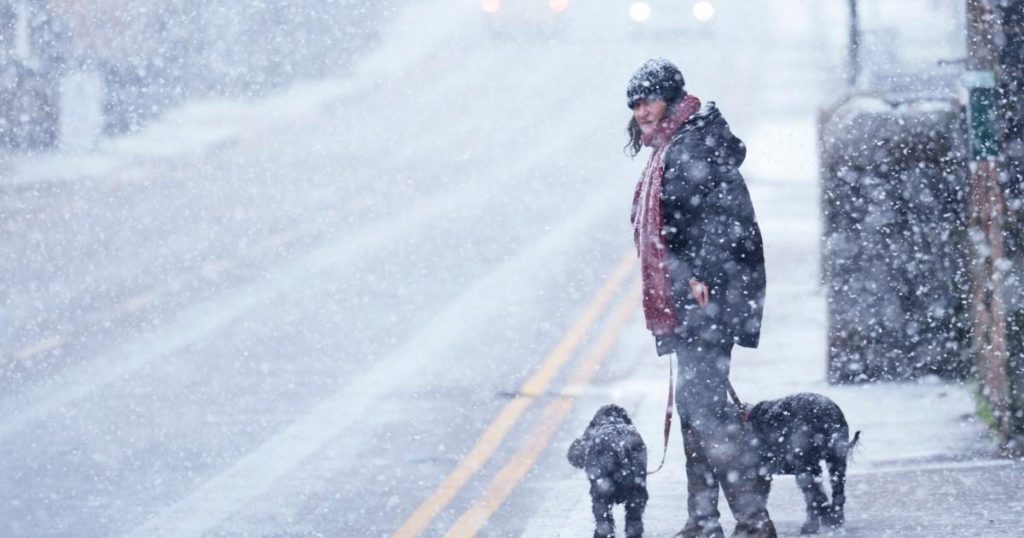The United Kingdom is currently in the throes of a severe cold snap, with temperatures predicted to plummet into the negative double digits. The Met Office has issued numerous yellow weather warnings encompassing various regions, anticipating blizzards, snow, ice, and fog. Northern Scotland, Northern Ireland, Cornwall, Wales, and parts of north-west and southern England are all affected by these alerts, highlighting the extensive reach of this frigid weather system. The warnings indicate potential disruptions to daily life, travel, and infrastructure, urging residents to exercise caution and prepare for adverse conditions. The severity of the cold is underscored by the Met Office’s prediction of temperatures potentially reaching minus 16C, a mark that would be the lowest recorded January temperature in 15 years.
The Met Office spokesman, Oli Claydon, described the conditions as “bitterly cold,” particularly emphasizing the expected low temperatures in rural areas of Scotland and northern England. These regions, blanketed in snow and exposed to clear skies and icy airflow, are anticipated to experience the most extreme chill. The predicted temperatures are significant, with a potential minus 14C equalling the lowest temperature recorded last January and a minus 16C marking a 15-year low for the month. This historical context emphasizes the exceptional nature of this cold snap and its potential impact.
The frigid conditions have prompted the UK Health Security Agency (UKHSA) to extend its cold weather health alert for all of England until Sunday. This extended alert reflects the ongoing risk to public health posed by the prolonged cold spell. The UKHSA stresses the potential for increased health risks, particularly for vulnerable populations such as the elderly and those with pre-existing health conditions. These groups are more susceptible to serious health complications, including heart attacks, strokes, and chest infections, due to the cold weather.
The UKHSA’s head of extreme events and health protection, Dr. Agostinho Sousa, underscored the seriousness of the situation. He explained the extension of the Cold-Health Alert was necessary due to the Met Office’s forecast of continued low temperatures, snow, and icy conditions. His statement emphasized the importance of community support and vigilance, urging individuals to check on vulnerable friends, family, and neighbors. This call for community action highlights the collective responsibility in mitigating the health risks associated with the extreme weather.
The severe weather conditions have also led to travel disruptions and school closures across the country. Reports emerged of wheelchair users being stranded on trains due to staff lacking training in operating ramps, demonstrating the wide-ranging impact of the weather on essential services. Furthermore, numerous schools have announced closures or delayed openings due to snow and ice, affecting students’ education and childcare arrangements. These disruptions highlight the practical challenges faced by individuals and communities in navigating the harsh conditions and underscore the need for adequate preparedness and support systems.
Beyond the immediate impacts on daily life and travel, the extreme cold poses significant health risks. The extended cold weather alert issued by the UKHSA serves as a stark reminder of the vulnerability of certain populations to extreme weather conditions. The elderly and those with pre-existing health conditions are particularly susceptible to the adverse effects of the cold, facing increased risks of serious health complications. The emphasis on community support and checking on vulnerable individuals underlines the importance of collective responsibility and preparedness in mitigating these risks. The extended duration of the alert further reinforces the severity and prolonged nature of the cold snap, necessitating continued vigilance and support.




